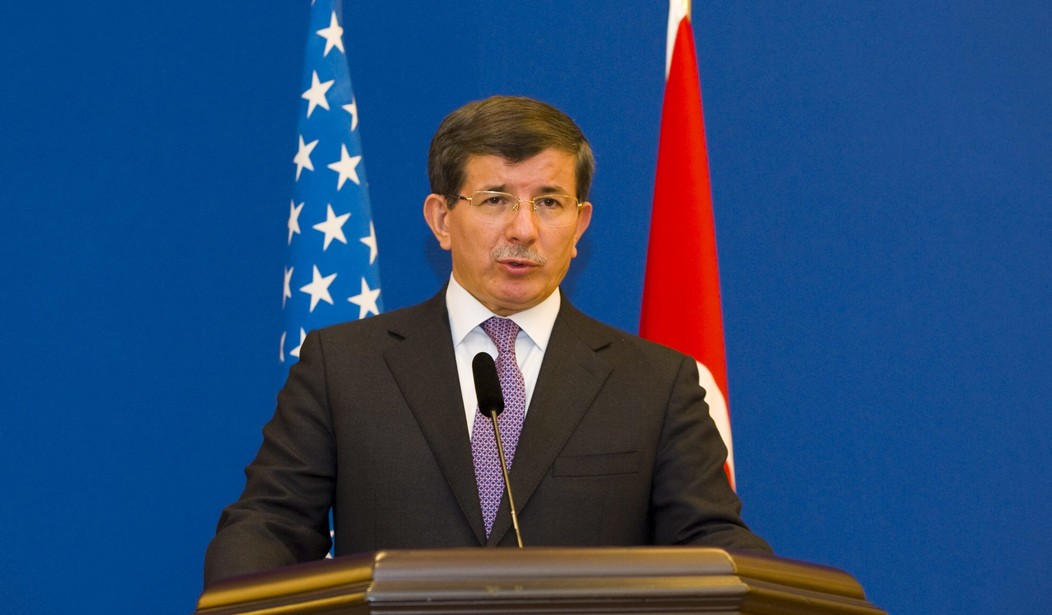While “Syrian” refugees are flooding Europe — in large part due to Turkey’s policy aimed at letting them pass freely through the country and into Europe — and Turkey is embroiled in an escalating crisis with Russia, the European Union seems to be willing to take Turkish accession talks further than ever before.
According to Turkish Prime Minister Ahmet Davutoğlu, there are now “strong signals” that Greek Cyprus is willing to remove its veto on five negotiation chapters Ankara wants opened in order accelerate Turkey’s formal entry into the European Union; Turkey has been an associate member since 1963. “There is a new era and a window of opportunity,” Davutoğlu said in a press conference last Friday. “I hope everyone will capitalize on this.”
[From Wikipedia: “To accede to the EU, Turkey must successfully complete negotiations with the European Commission on 33 of the 35 chapters of the acquis communautaire, the total body of EU law. (Two chapters do not require negotiation.) Afterwards, the member states must unanimously agree on granting Turkey membership to the European Union.]
On November 29, the EU and Turkey already announced that new chapters would be opened next year. Until recently, however, Greek Cyprus blocked opening these chapters. If the small country takes its veto back, Turkey is closer to EU membership than ever before. Davutoğlu:
We will hopefully open Chapter 17 on Dec 14. This will be the second chapter opened in the last five years. At this pace, we can only conclude the accession process in the next century. But we are working as if we will open all chapters tomorrow and we will close all opened chapters in a short span of time.
Another part of the deal between Turkey and the EU aimed at reducing mass immigration to Europe from the Middle East is a visa liberalization process for Turkey. Davutoğlu — who is a member of the ruling Islamist AK Party — called on Turkish opposition parties to work with the government so Turks will be able to travel to EU member states without a visa from late 2016 onwards.
Although Turkey’s government is close to celebrating these developments, the average European voter undoubtedly feels differently. Instead of embracing parties that welcome Turkey into the EU, these voters are flocking to far-right or at least nationalistic parties that strongly oppose it:
The rise of far-right political parties in Europe, known generally for their anti-immigration and Eurosceptic policies, manifested itself in the 2014 European Parliament (EP) election and in the first round of regional elections in France and raises concerns over the future of the EU.
Of course the only ones “concerned” about it are Europe’s establishment and Turkey’s Islamist leadership. Everybody else sees it as the logical consequence of the tidal wave of immigrants from Middle East combined with Turkey’s apparent soon-to-be accession to the EU. Davutoğlu will undoubtedly be thrilled when or if Greek Cyprus drops its veto, but it will only increase tensions between the EU’s ruling class and its voters.









Join the conversation as a VIP Member